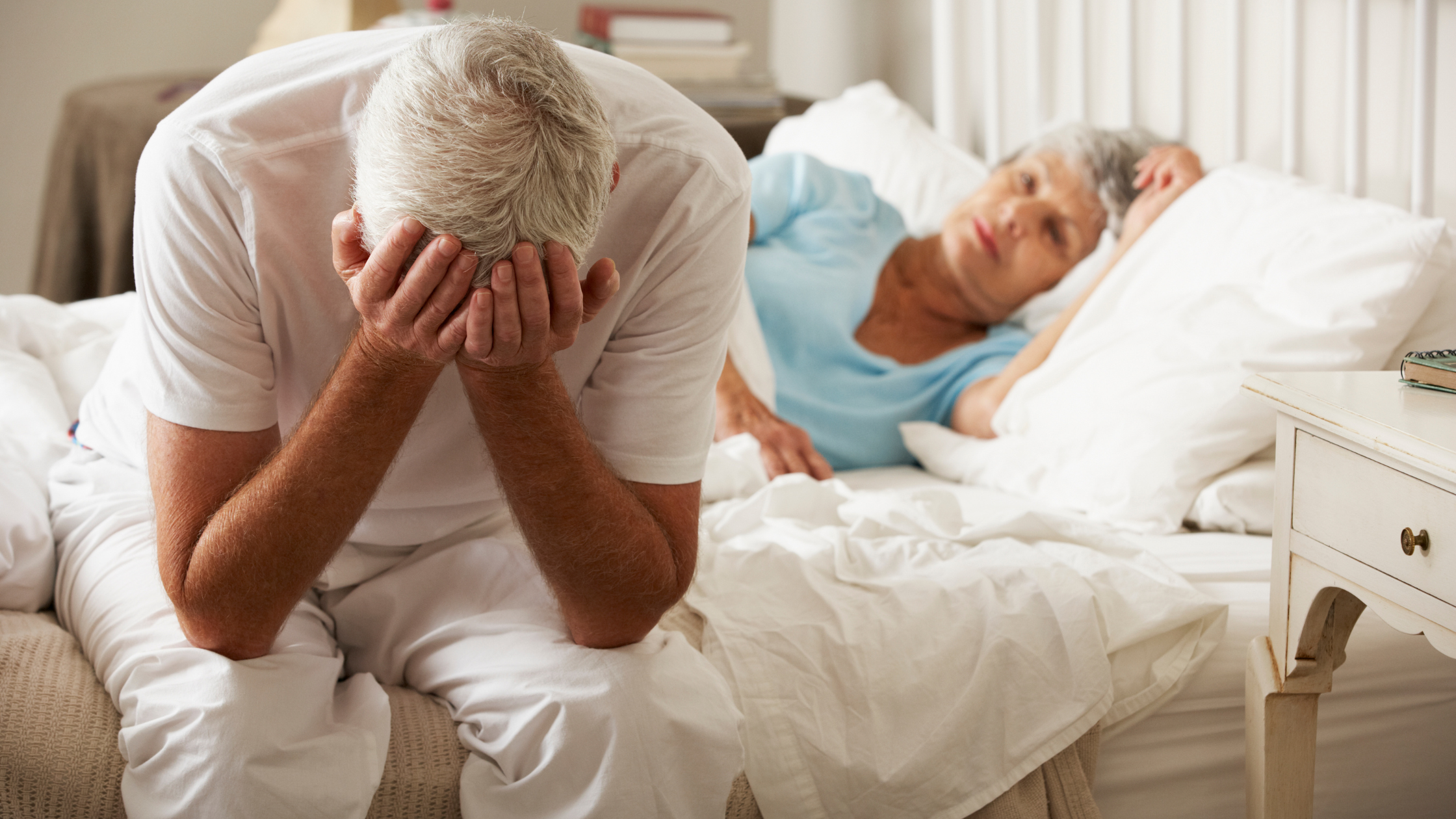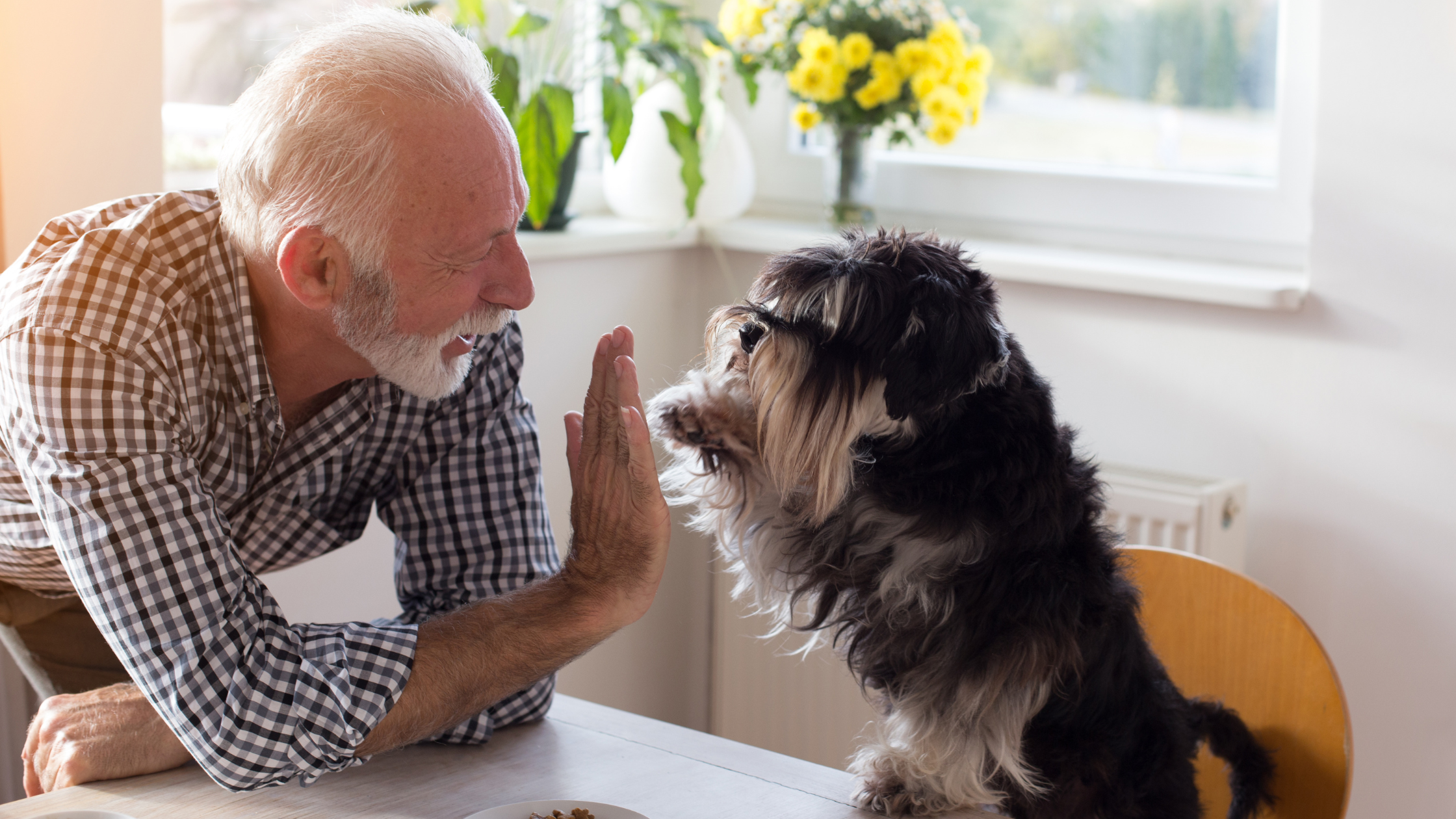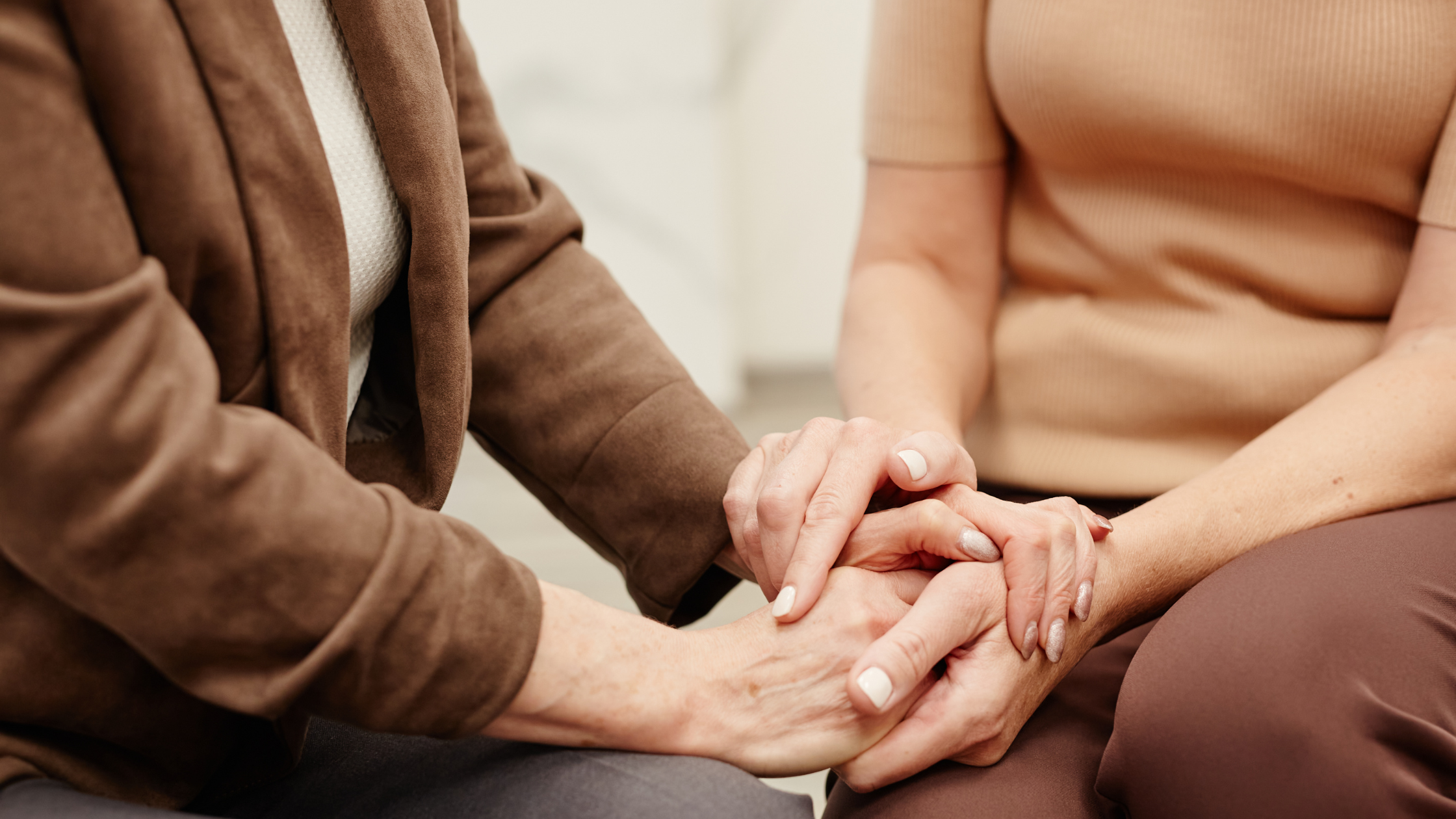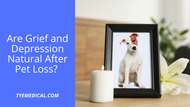Are Grief and Depression Natural After Losing a Pet?
Written by TYE Medical on Jul 8th 2024
It’s common to feel depressed and grieve after the loss of a pet, and many people experience this time of mourning. But it should be temporary, and the time frame varies among individuals. Ongoing, long-term depression often has other causes even if it coincides with losing a fur baby. Just like with any loss, it helps to have support from people who love you and allow yourself to grieve as you learn to cope.
Many cultures worldwide value animals as pets, welcoming the companionship they offer. In the United States, nearly half of all households have at least one dog and over a quarter have at least one cat. It’s not uncommon to love your pet like a family member, which means losing one can be almost as devastating as losing a human member of your family.
This is why it’s natural to feel intense emotions like sadness, anger, or even shock when your pet dies. But when negative emotions and thoughts continue daily and even hourly, your grief may be transitioning to depression, but when should you be worried and how can you cope after the loss of a pet?
Is Depression Normal After Losing a Pet?

It’s normal to have depressed feelings after you lose your pet. But clinical depression, also known as major depressive disorder (MDD) isn’t part of a natural grieving process. While your grief can be intense and even disrupt your daily life for a while, it usually doesn’t cause major depression (MDD). However, you’re still experiencing depressive symptoms, and those feelings are real and deep. It’s just not usually long-lasting enough to be considered “clinical” or a “disorder”.
But for some people, the loss of a pet triggers depression symptoms that progress into clinical or major depression. When this happens, it usually means you are predisposed to depressive disorders. The loss of your pet is the trigger.
Regardless, it’s always best to take your feelings seriously and consider talking with a counselor or a therapist as you grieve. This can help alleviate some of the emotional strain and even benefit those who are prone to more severe depression.
What Is the Difference Between Grief and Depression?

Grief isn't a constant state. It tends to ebb and flow in intensity and moments of happiness are usually possible as you remember joyful moments with your pet. As the shock wears off, you’re able to function within your daily life despite moments of overwhelming sadness. Your grief usually improves with time.
On the other hand, major depressive disorder is a mental health disorder. Hallmark symptoms include persistent low mood throughout each day, unnecessary feelings of guilt, lack of motivation for daily activity, feelings of worthlessness, disturbed sleep, and low energy.
While time and therapy can alleviate grief symptoms, major depressive disorders often require more intervention. If you suspect MDD, talk to your doctor about options that may benefit you.
Depression or Prolonged Grief Disorder?

Prolonged grief disorder (PGD), also known as complicated grief, is similar to major depression in that it is long-lasting, persistent throughout the day, and interferes with daily life. But the difference is that these symptoms are directly related to your recent loss.
More specific symptoms for prolonged grief disorder include:
- Feeling a loss of your identity since the death
- Persistent, unimproving grief
- Disbelief about the loss
- Feeling emotionally numb
- Avoiding reminders of the one you lost
- Intense emotional pain
- Social withdrawal and isolation
- No purpose in life without the one you lost
- Feeling intense loneliness without your pet or person you lost
- Daily function significantly impaired
You can experience PGD after the loss of a pet. It’s not limited to losing a human loved one.
Is Losing a Pet a Type of Trauma?

Yes! It can be traumatic to lose a pet especially if you’re someone who feels like they lost a member of the family. It can feel identical to losing a human loved one.
Despite this strong attachment that has its downside when loss strikes, overall, the human-animal bond has a positive impact on mental well-being. Pets provide unconditional companionship, affection, and support. They offer comfort without judgment, and for many people, it’s a close bond.
And since your pet was a daily part of your life, routines develop around your animal from the time you get out of bed. Along with pet loss is a loss of routine that affects your life in both practical and emotional ways.
It can be traumatic to lose a pet, making grief feelings very natural.
How Can You Cope with the Grief Over Losing a Pet?

It’s important to let yourself grieve and not scold yourself for doing so. It’s not silly to feel deep sadness after pet loss. Allow your grief to run its natural course without trying to avoid or deny it. Allowing yourself a natural period of bereavement often shortens the grieving time. In contrast, bottling up your emotions and pushing them away usually elongates the process.
After you accept the death and your grief feelings, you can try some methods to help you manage the grief over losing your pet.
Get Support from Loved Ones
You may find that family and friends are helpful emotional support as you share your best memories about your pet. But they can also help you adjust as you settle into life without your fur baby.
Honor Your Pet’s Memory
Honoring your pet helps you focus on all the happy times and good memories you made together. You can express your appreciation for the influence they had in your life when you create photo tributes, write letters, and even poems related to these positive emotions.
Journal About It
Whether you have a supportive person to share with or not, you can safely express your positive and negative feelings in writing as you journal about this experience and the memories you have. This can be a great release that keeps negative emotions from festering and allows positive ones to rise to the surface.
Practice Self-Care
Rest is important while you grieve for your pet. It’s taxing, emotional work that requires good sleep and times of rest. Be sure to find at least some small things in life that you still enjoy, and get out outside in the fresh air for a walk or other activity you prefer. Nutrition is also important to maintain strength and health. You might not feel like cooking meals from yourself, but find simple solutions or even frozen meals that are healthier for you, and be sure to eat regularly.
Should You Get Another Pet After a Loss?

Adopting or purchasing a pet is a major life decision. It’s an emotional, financial, and practical decision that impacts your daily life. It’s best not to rush into any major decision after a loss, even the loss of a pet. It’s best to give yourself time to complete the grieving process and learn how to manage your intense feelings and resulting anxiety.
When you believe you’ve recovered from your deep grief, although some sadness may still linger, consider your life and new routines. Does a pet still fit your current plans and future goals? Are your priorities different? In other words, does it still make sense to bring a pet into your life?
If you still have a heart that desires a pet and a lifestyle that allows for it, consider the type of pet you want and if you prefer one similar or different from the one you recently lost.
Pet Loss Grief Is Real

Sadness and loneliness are common and intense feelings after losing a pet and can easily impair your daily life. You might experience a depressed mood and even symptoms of depression, but most people won’t develop major depressive disorder, as this is not a natural part of the grieving process.
But there are ways to manage grief from pet loss like getting support from loved ones, allowing yourself to grieve, and continuing to care for yourself.
If your grief isn’t improving as months pass, it’s possible that your pet-related grief has progressed into a more serious type of depression. This is more likely if you are predisposed to depressive disorders. If you begin having persistent thoughts of worthlessness, low mood, and lack of motivation that is no longer directly related to your pet’s death, it’s best to talk to a mental health professional to determine if it’s major depressive disorder or prolonged grief disorder.

